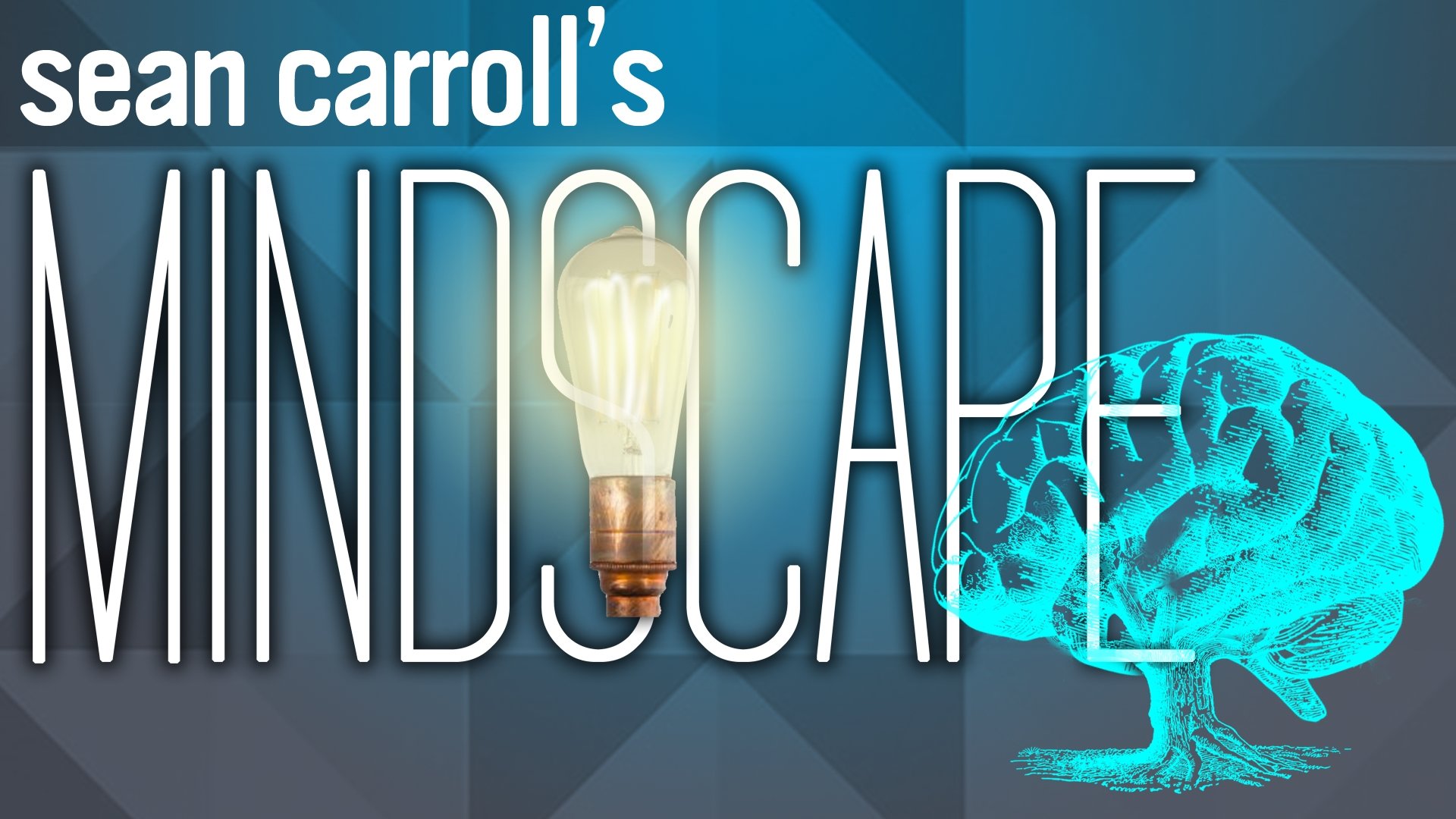
Sean Carroll's Mindscape: Science, Society, Philosophy, Culture, Arts, and Ideas
Science Podcasts
Ever wanted to know how music affects your brain, what quantum mechanics really is, or how black holes work? Do you wonder why you get emotional each time you see a certain movie, or how on earth video games are designed? Then you’ve come to the right place. Each week, Sean Carroll will host conversations with some of the most interesting thinkers in the world. From neuroscientists and engineers to authors and television producers, Sean and his guests talk about the biggest ideas in science, philosophy, culture and much more.
Location:
United States
Description:
Ever wanted to know how music affects your brain, what quantum mechanics really is, or how black holes work? Do you wonder why you get emotional each time you see a certain movie, or how on earth video games are designed? Then you’ve come to the right place. Each week, Sean Carroll will host conversations with some of the most interesting thinkers in the world. From neuroscientists and engineers to authors and television producers, Sean and his guests talk about the biggest ideas in science, philosophy, culture and much more.
Twitter:
@seanmcarroll
Language:
English
333 | Gordon Pennycook on Unthinkingness, Conspiracies, and What to Do About Them
Duration:01:10:20
332 | Dmitri Tymoczko on the Mathematics Behind Music
Duration:01:21:11
AMA | October 2025
Duration:03:37:18
331 | Solo: Fine-Tuning, God, and the Multiverse
Duration:01:54:45
330 | Petter Törnberg on the Dynamics of (Mis)Information
Duration:01:12:01
329 | Steven Pinker on Rationality and Common Knowledge
Duration:01:16:32
328 | Mary Roach on Replacing Parts of Our Bodies
Duration:01:07:20
AMA | September 2025
Duration:03:30:04
327 | Cass Sunstein on Liberalism
Duration:01:10:15
326 | Natalie Batalha on What We Know and Will Learn About Exoplanets
Duration:01:12:12
325 | Alvy Ray Smith on Pixar, Pixels, and the Great Digital Convergence
Duration:01:26:40
324 | Elizabeth Mynatt on Universities and the Importance of Basic Research
Duration:01:13:31
AMA | August 2025
Duration:03:39:58
323 | Jacob Barandes on Indivisible Stochastic Quantum Mechanics
Duration:02:58:21
322 | Philip Pettit on Language, Agency, Politics, and Freedom
Duration:01:20:47
321 | David Tong on Open Questions in Quantum Field Theory
Duration:01:19:25
AMA | July 2025
Duration:04:03:52
320 | Solo: Complexity and the Universe
Duration:02:14:52
319 | Bryan Van Norden on Philosophy From the Rest of the World
Duration:01:12:39
318 | Edward Miguel on the Developing Practice of Development Economics
Duration:01:20:39
